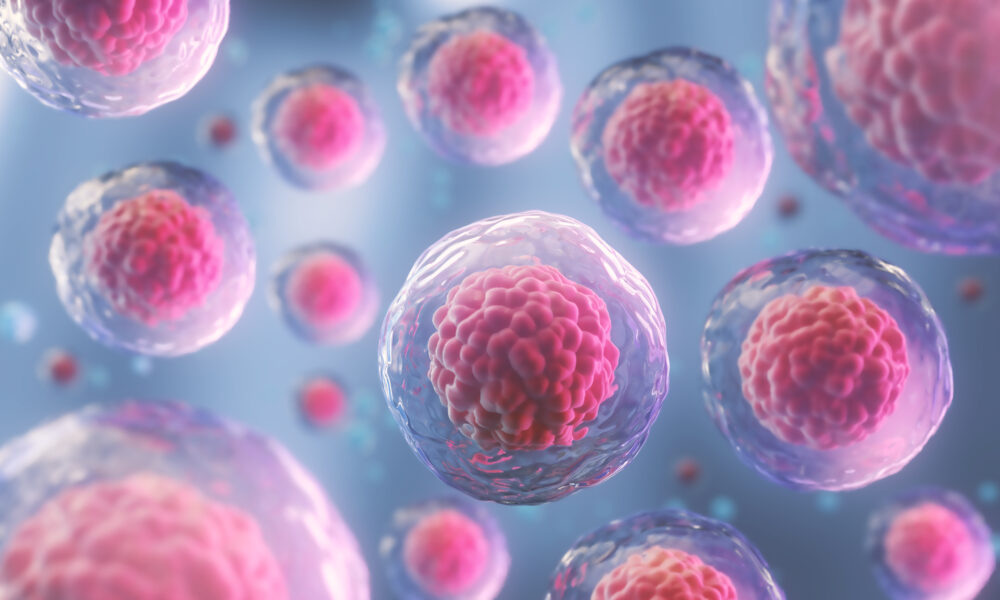Coffeeology: Studying the perfect blend
Light roast, breakfast blend, Colombian blend — what does it mean for the caffeine experience? Coffee is ranked as the world’s second most consumed beverage, right behind the humble glass of water. Crafting the perfect cup of coffee is an intricate blend of science and artistry; it requires a keen palate and a deep knowledge […]
Coffeeology: Studying the perfect blend Read More »








